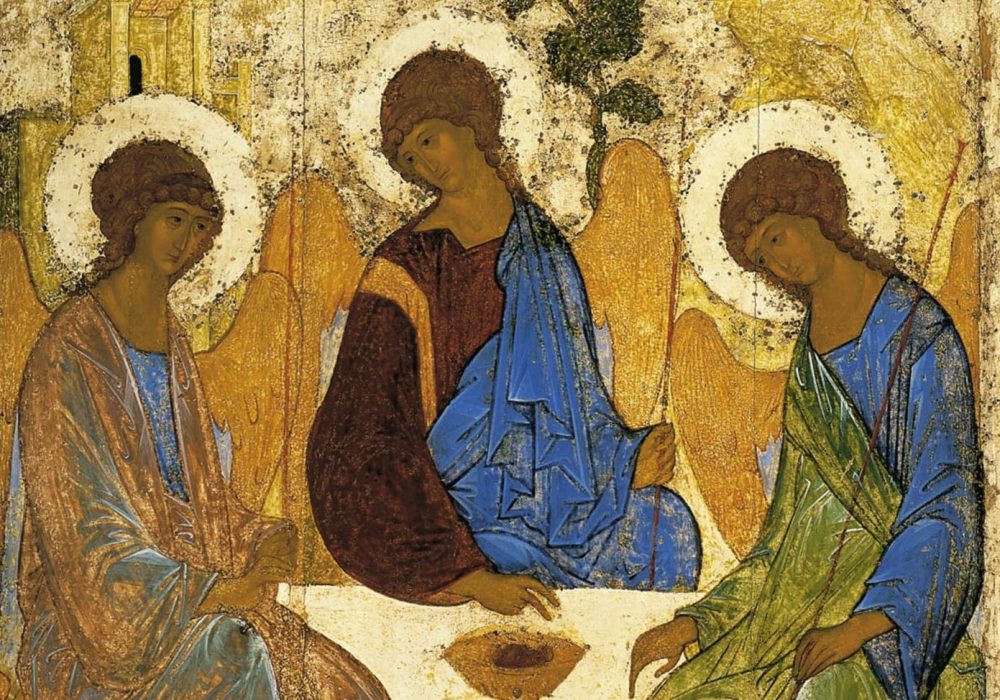The creed recited by Catholic, Orthodox, Anglican, and many Protestant Christians every Sunday originated from the first two ecumenical councils of the Church, Nicea (325) and Constantinople (381), which affirmed the divinity of Christ and the unity of the Trinity. Among the Cappadocian Fathers who developed and defended the affirmations of the creed, Gregory of Nyssa (c. 335-395) is known for his contribution to the doctrine of the Trinity. Although he was cited by the Emperor Theodosius as an exemplar of Trinitarian orthodoxy, the exact nature of his doctrine remains a matter of dispute. He has been accused of every heresy from modalism to tritheism. This lecture will attempt to sort out Gregory’s teaching by focusing on his discussion of the Spirit’s inseparable connection with the Father and the Son.

